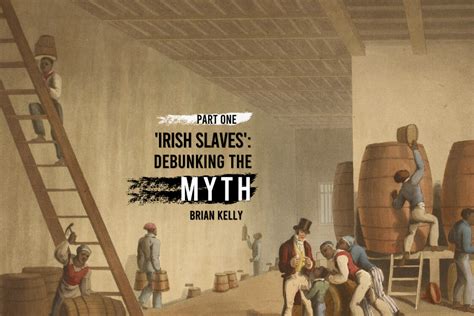Debunking the Myths: How Hard Is Irish?
Learning a new language is a significant undertaking, and the perceived difficulty often acts as a major deterrent. Irish (Gaeilge), with its unique grammar and unfamiliar sounds, is frequently categorized as one of the “hardest” languages to learn. But is this perception accurate? This article will delve into the common myths surrounding the difficulty of learning Irish, separating fact from fiction and providing a realistic assessment of the challenges and rewards.
Is Irish Harder Than Other Languages?
This is the million-dollar question. Many claim Irish is exceptionally difficult, citing its complex grammar, unusual pronunciation, and seemingly endless variations in spelling. While it undoubtedly presents unique challenges, comparing its difficulty to other languages is subjective and depends heavily on the learner's linguistic background and learning style. For a native English speaker, certain aspects might seem particularly challenging, while someone with a background in a Celtic language might find the transition smoother. Ultimately, the "hardest" language is the one that presents the most significant personal hurdles.
The Myth of Unpronounceable Sounds
Many believe Irish boasts an arsenal of impossible-to-pronounce sounds. While some sounds are indeed unfamiliar to English speakers, with consistent practice and proper instruction, they become manageable. The key is understanding the phonetic rules and employing helpful resources like online pronunciation guides and language exchange partners. The perceived difficulty often stems from a lack of exposure and proper guidance.
Grammar: A Beast or a Challenge?
Irish grammar is often cited as its most daunting aspect. Its verb conjugations, noun declensions, and intricate sentence structures can seem overwhelmingly complex at first. However, this complexity is not unique to Irish; many languages possess similar grammatical structures. The key lies in a structured approach, focusing on mastering grammatical concepts one step at a time. Diligent study, using effective learning resources, and consistent practice are crucial for overcoming this hurdle.
What are the most difficult aspects of Irish grammar?
The most challenging aspects of Irish grammar often include:
- Verbal system: Irish verbs have many forms depending on tense, mood, and person. Mastering this system requires consistent effort and practice.
- Noun declensions: Nouns change form depending on their grammatical function in a sentence. Understanding these declensions is essential for constructing grammatically correct sentences.
- Mutation: Initial consonant changes based on preceding words, adding another layer of complexity to sentence structure. Grasping this concept takes time and practice.
Is the Lack of Immersion a Significant Obstacle?
While immersion undoubtedly accelerates language acquisition, it's not a prerequisite for success. With the abundance of online resources, language learning apps, and dedicated language courses, learners can achieve a high level of proficiency even without living in an Irish-speaking community. Structured learning, consistent practice, and utilizing available resources can effectively compensate for the lack of immersion.
How can I learn Irish without immersion?
Effective strategies for learning Irish without immersion include:
- Online courses: Platforms like Duolingo, Memrise, and Babbel offer structured Irish lessons.
- Language learning apps: Apps provide interactive exercises and vocabulary building tools.
- Online tutors: Private tutors offer personalized instruction and feedback.
- Language exchange partners: Practicing with native speakers helps improve fluency and pronunciation.
The Rewards of Learning Irish
Despite the challenges, learning Irish offers immense rewards. It opens doors to a rich cultural heritage, allows for deeper engagement with Irish literature and music, and provides a unique connection to Ireland's history and traditions. The satisfaction derived from overcoming the linguistic hurdles is incredibly fulfilling, fostering a sense of accomplishment and personal growth.
Conclusion: Embrace the Challenge
While learning Irish presents unique challenges, labeling it definitively as the "hardest" language is misleading. The perceived difficulty is often exaggerated. With dedication, structured learning, and consistent effort, anyone can achieve proficiency in Irish. Embrace the challenge, celebrate the progress, and enjoy the rich rewards of mastering this beautiful and historically significant language.

